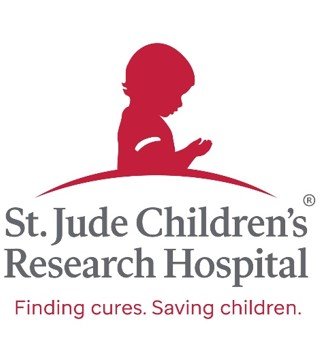Team 1
PATHOPHYSIOLOGY OF LUNG INFECTIONS
Team leader : Sandrine HENRI
The ‘Pathophysiology of Lung Infections’ team conducts cross-disciplinary research in the field of respiratory infections.
The team’s strength lies in its membership which includes researchers, associate professors, clinicians, engineers, technicians, post-docs and PhD students with complementary expertise in immunology, microbiology, molecular and cell biology. We are engaged in developing fundamental research programs, pre-clinical and clinical studies.
Our goal is to develop innovative immune-intervention and antimicrobial strategies.
Specifically, we investigate the interplay of key molecular and cellular effectors in response to respiratory infections caused by viruses, bacteria, and fungi.
Our goal is to develop innovative immune-intervention and antimicrobial strategies.
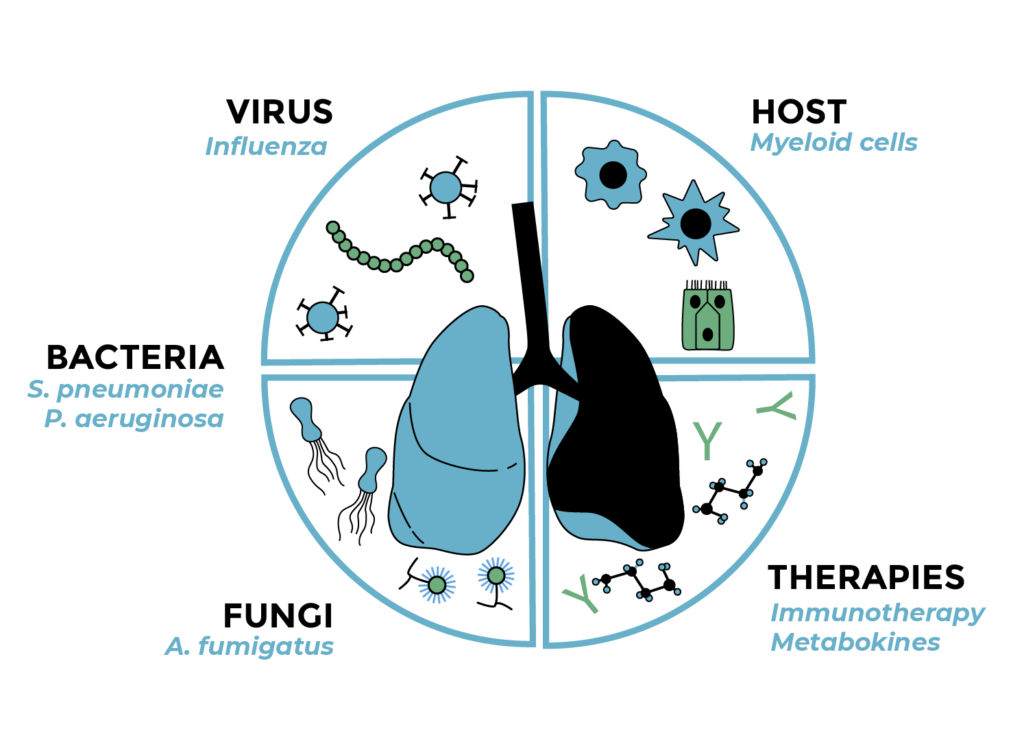
Our axis
Axis 1
Mechanisms of anti-infectious immunity” with a main focus on the role of lung myeloid cells and epithelial cells
Axis 2
Development of innovative anti-viral, anti-bacterial and anti-fungal therapies
Axis 3
Human-like experimental models & clinical investigations
Members
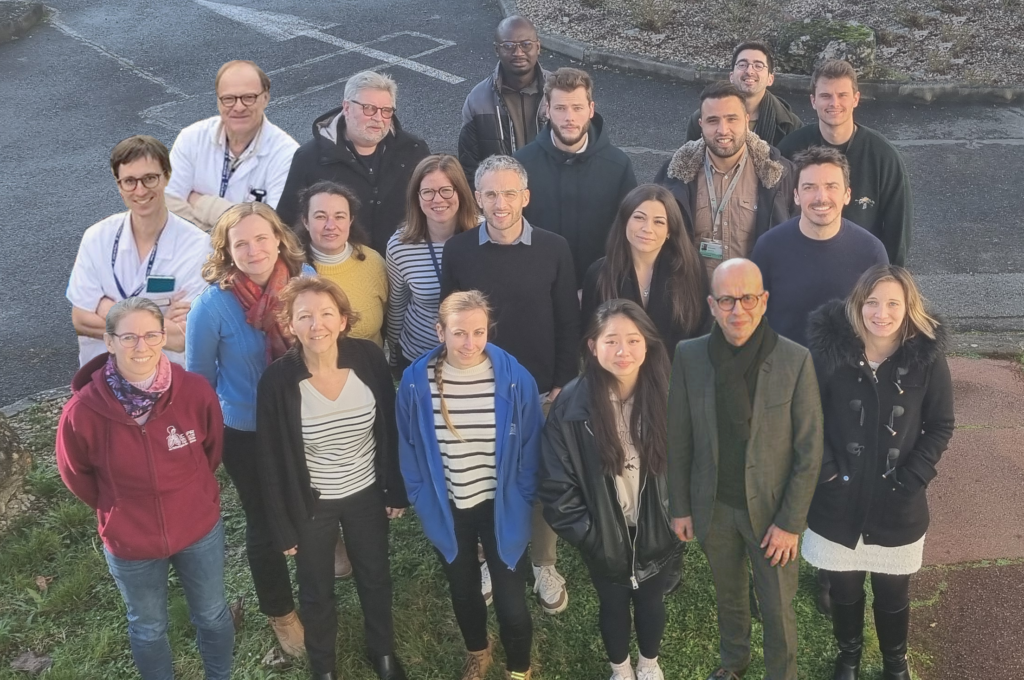
Team leaders

Sandrine HENRI
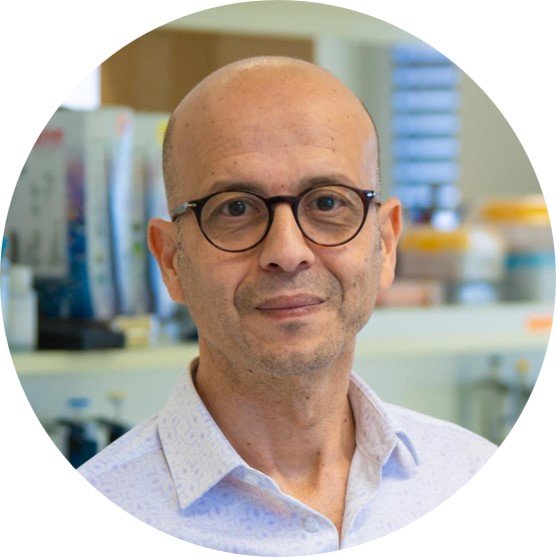
Mustapha SI-TAHAR
Research interests
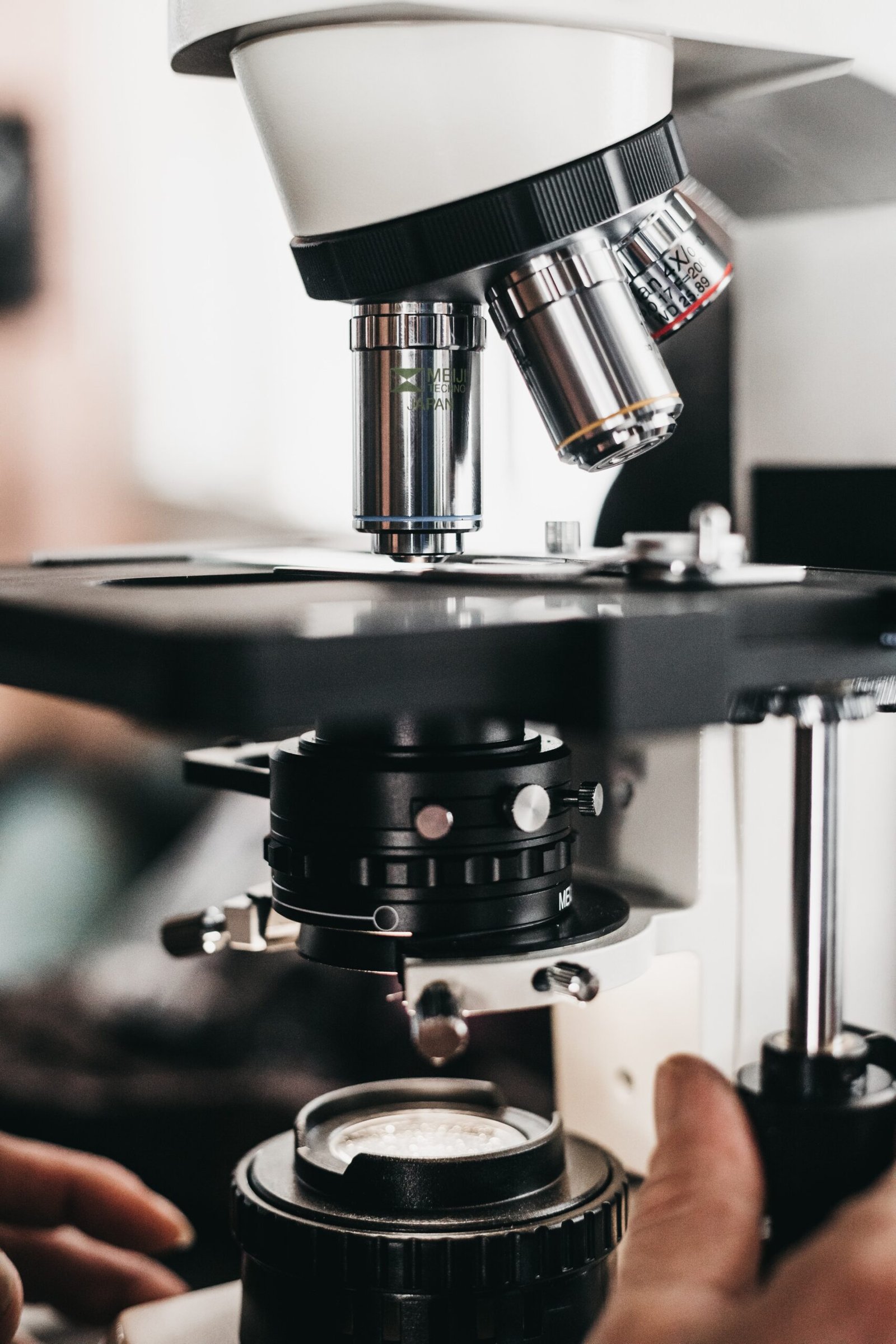
Our team focuses on the following research topics:
Pioneering novel approaches for combating influenza virus infection by targeting host immune and metabolic signaling pathways
Investigating the metabolic reprogramming of alveolar macrophages triggered by viral infections, shedding light on potential therapeutic interventions
Advancing understanding of bacterial infections, such as Pseudomonas aeruginosa pneumonia, and fungal respiratory diseases, like aspergillosis or Pneumocystis pneumonia
Spearheading the development of sophisticated models to explore the intricacies of lung mucosa and facilitate therapeutic targeting. This includes cultivating 3D cultures of primary respiratory epithelial cells (both nasal and bronchial) and precision-cut lung slices sourced from human, mouse, and swine subjects
Undertaking clinical investigations, including a phase 1 trial titled “Nebulization of flagellin for the treatment of respiratory infections”. Additionally, we are leading a phase II randomized multicenter placebo-controlled trial entitled “Efficacy and safety of caspofungin aerosols for the curative treatment of Pneumocystis jirovecii pneumonia in conjunction with conventional systemic antifungal therapy”
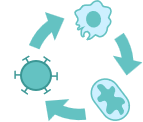
Pioneering novel approaches for combating influenza virus infection by targeting host immune and metabolic signaling pathways
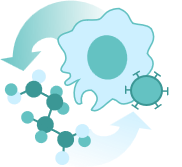
Investigating the metabolic reprogramming of alveolar macrophages triggered by viral infections, shedding light on potential therapeutic interventions

Advancing understanding of bacterial infections, such as Pseudomonas aeruginosa pneumonia, and fungal respiratory diseases, like aspergillosis or Pneumocystis pneumonia

Spearheading the development of sophisticated models to explore the intricacies of lung mucosa and facilitate therapeutic targeting. This includes cultivating 3D cultures of primary respiratory epithelial cells (both nasal and bronchial) and precision-cut lung slices sourced from human, mouse, and swine subjects
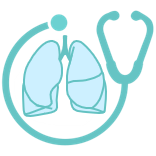
Undertaking clinical investigations, including a phase 1 trial titled “Nebulization of flagellin for the treatment of respiratory infections”. Additionally, we are leading a phase II randomized multicenter placebo-controlled trial entitled “Efficacy and safety of caspofungin aerosols for the curative treatment of Pneumocystis jirovecii pneumonia in conjunction with conventional systemic antifungal therapy”
Key events

text here

text here
Organization of international congresses :
9th International Influenza Meeting
Muenster, Germany, 2024
World congress of inflammation
Quebec, Canada, 2024
Congress of medical mycology
Marrakech, Morocco, 2023
Symposium of mycology - therapeutic pharmacology
Paris, France, 2022 and 2023
17th International Workshop on Langerhans cells and related myeloid cells of the skin
Paris, France, 2023
Fundings & partnerships
Fundings

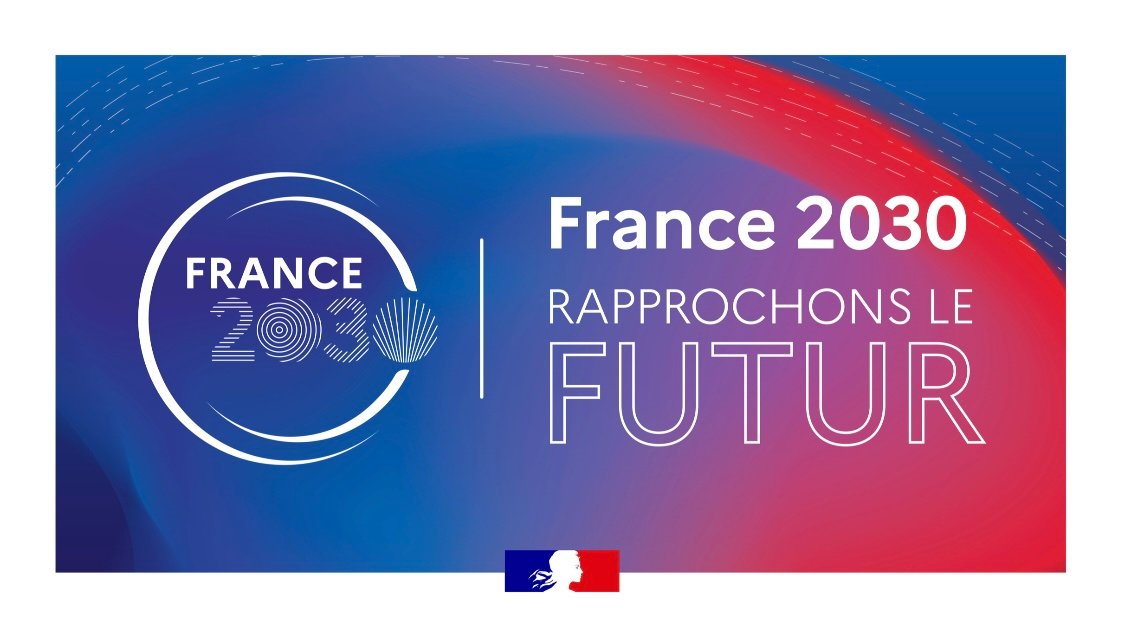
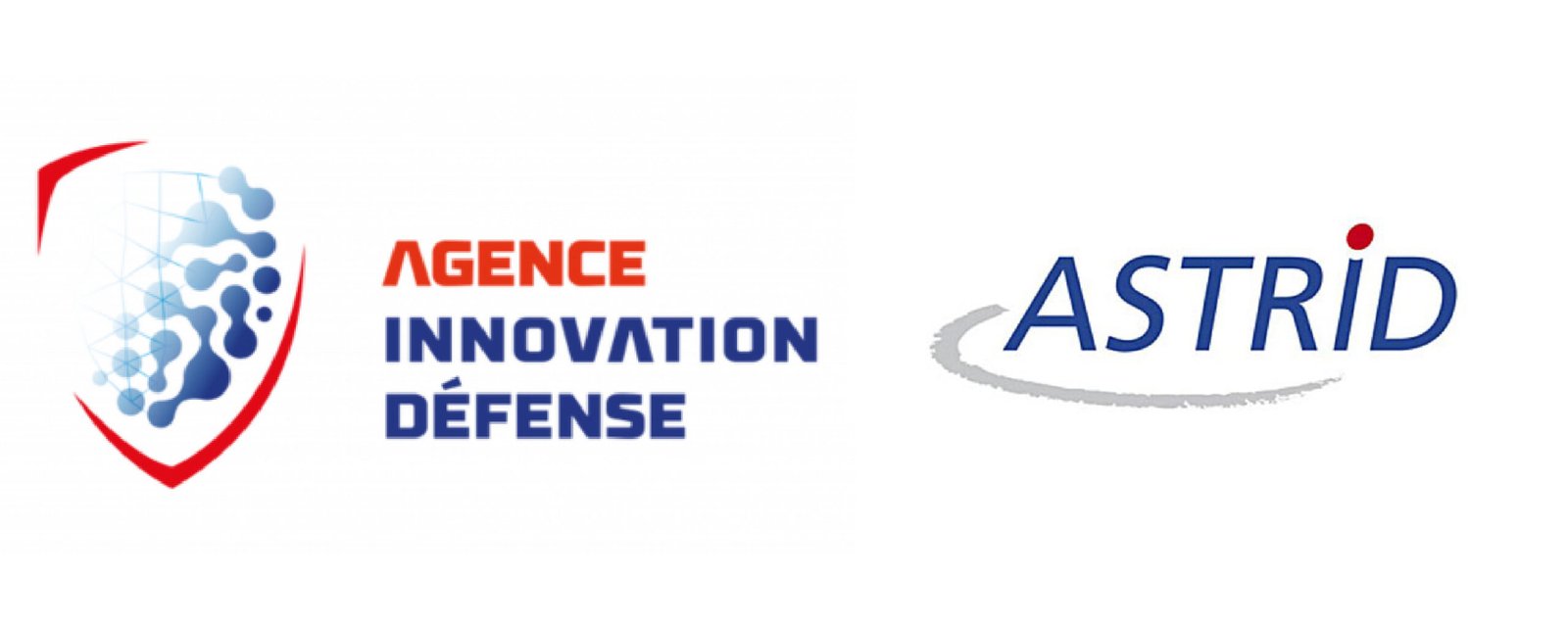



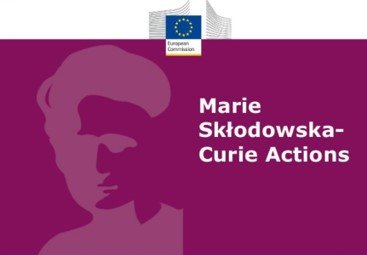
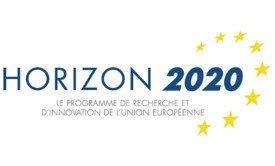
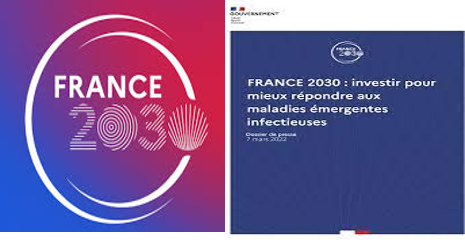
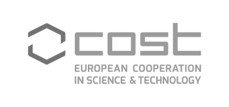
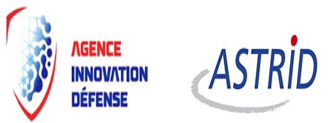
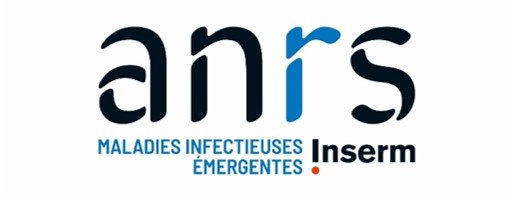
Scientific environment

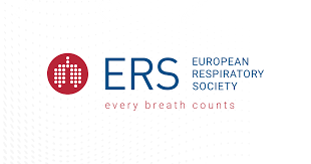
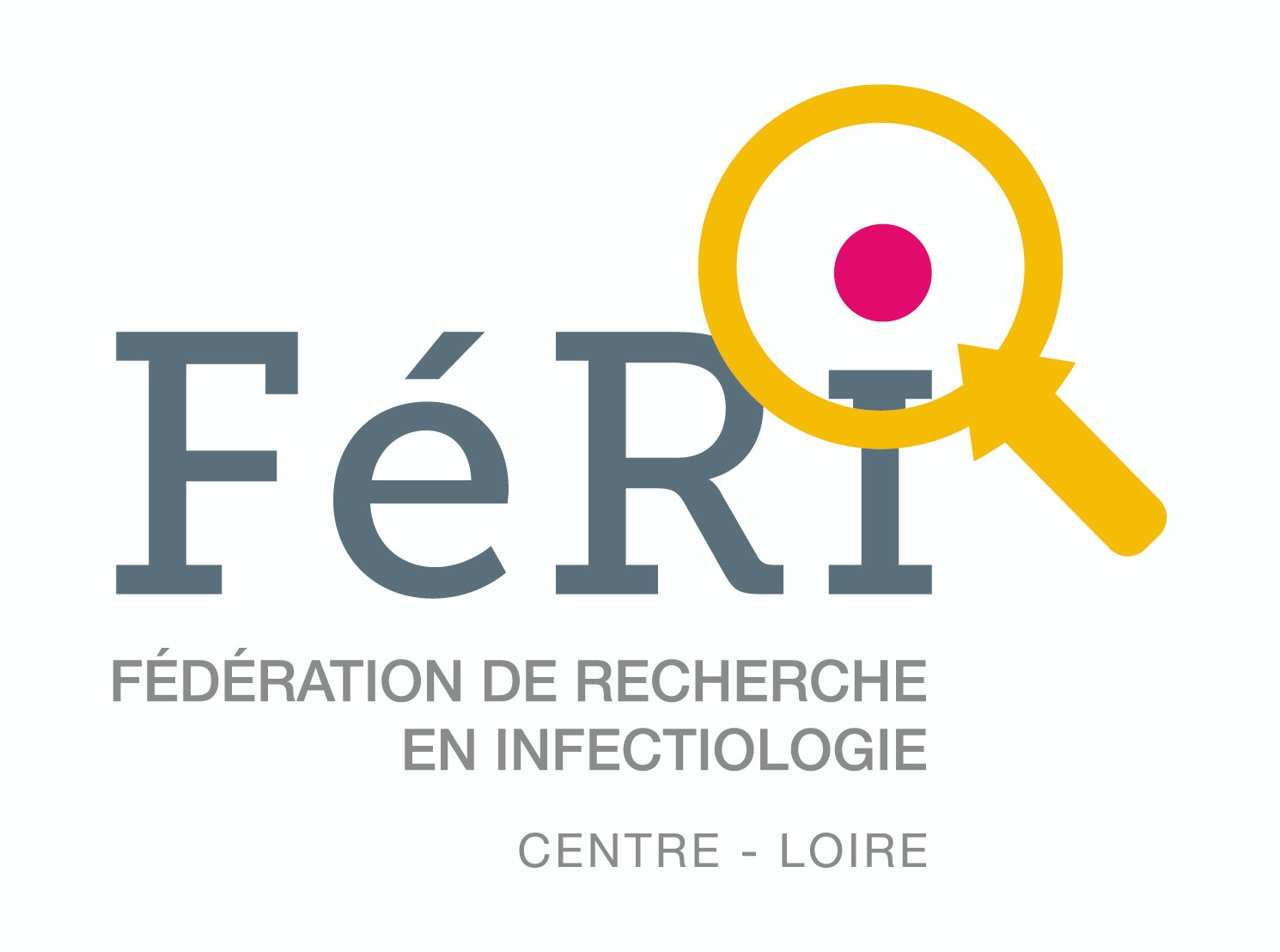
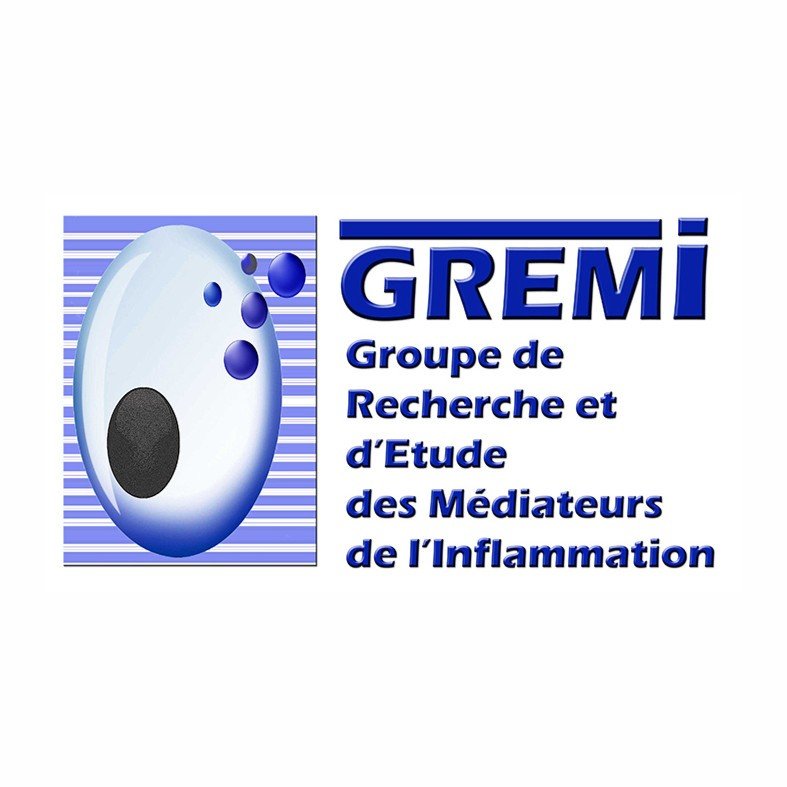

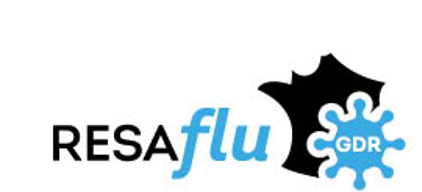
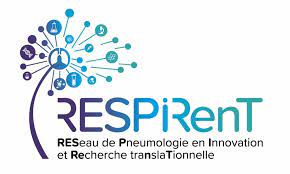


Partners
France

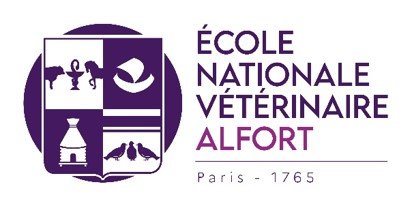
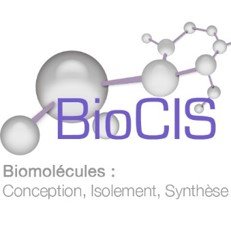

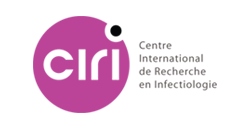
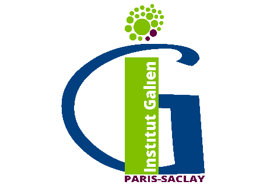

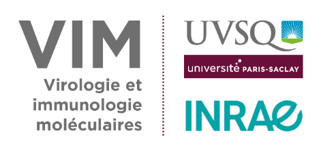
Europe
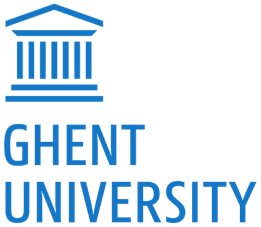
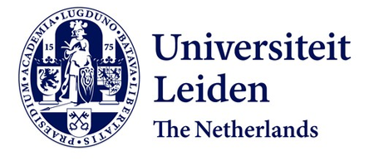
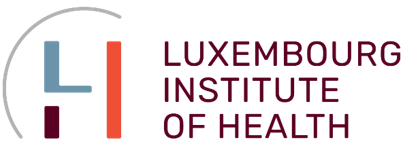
USA

